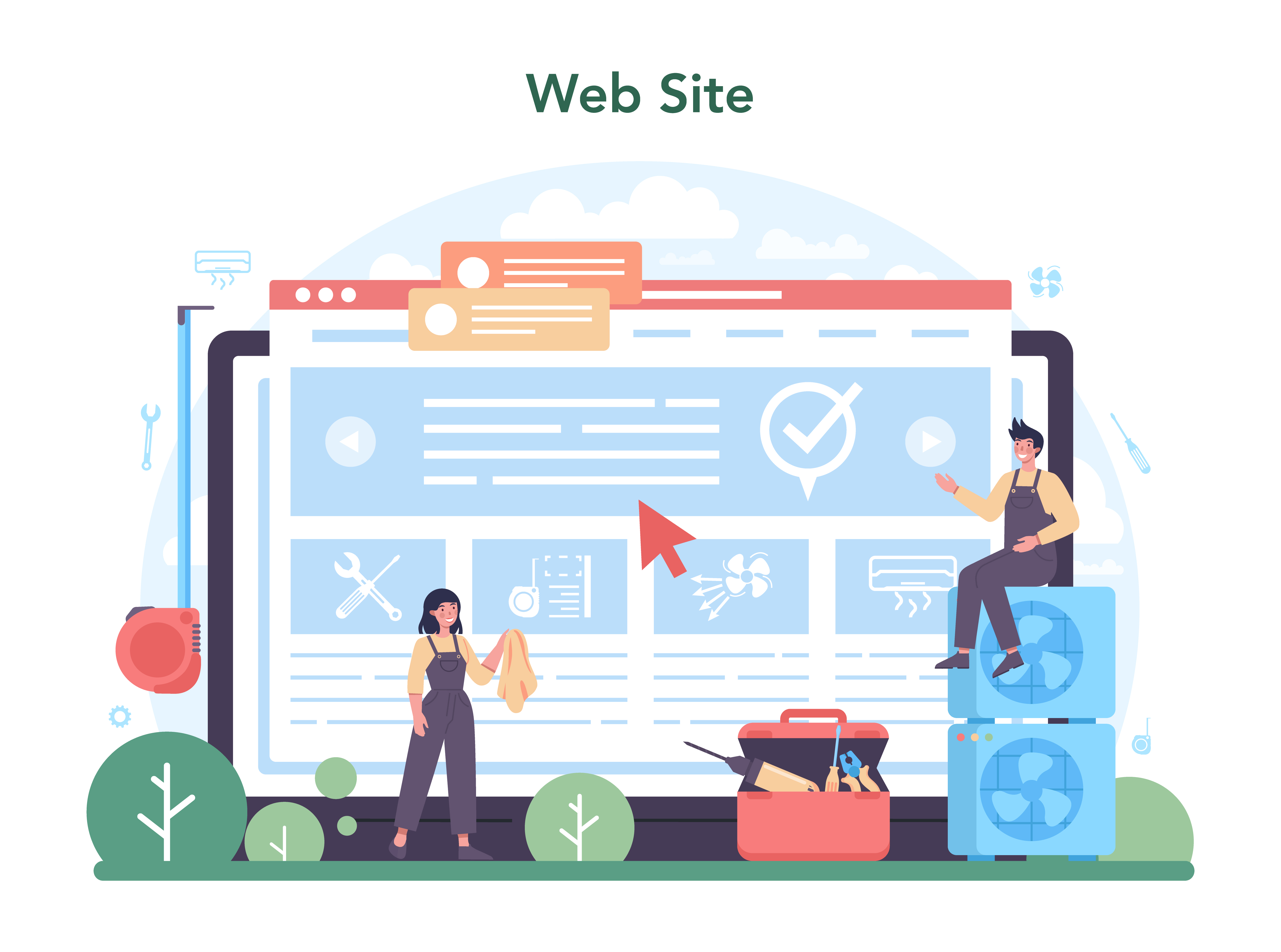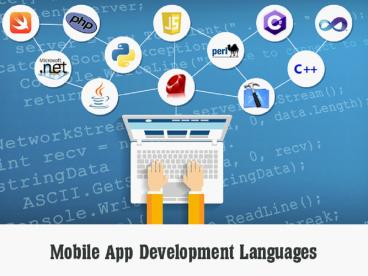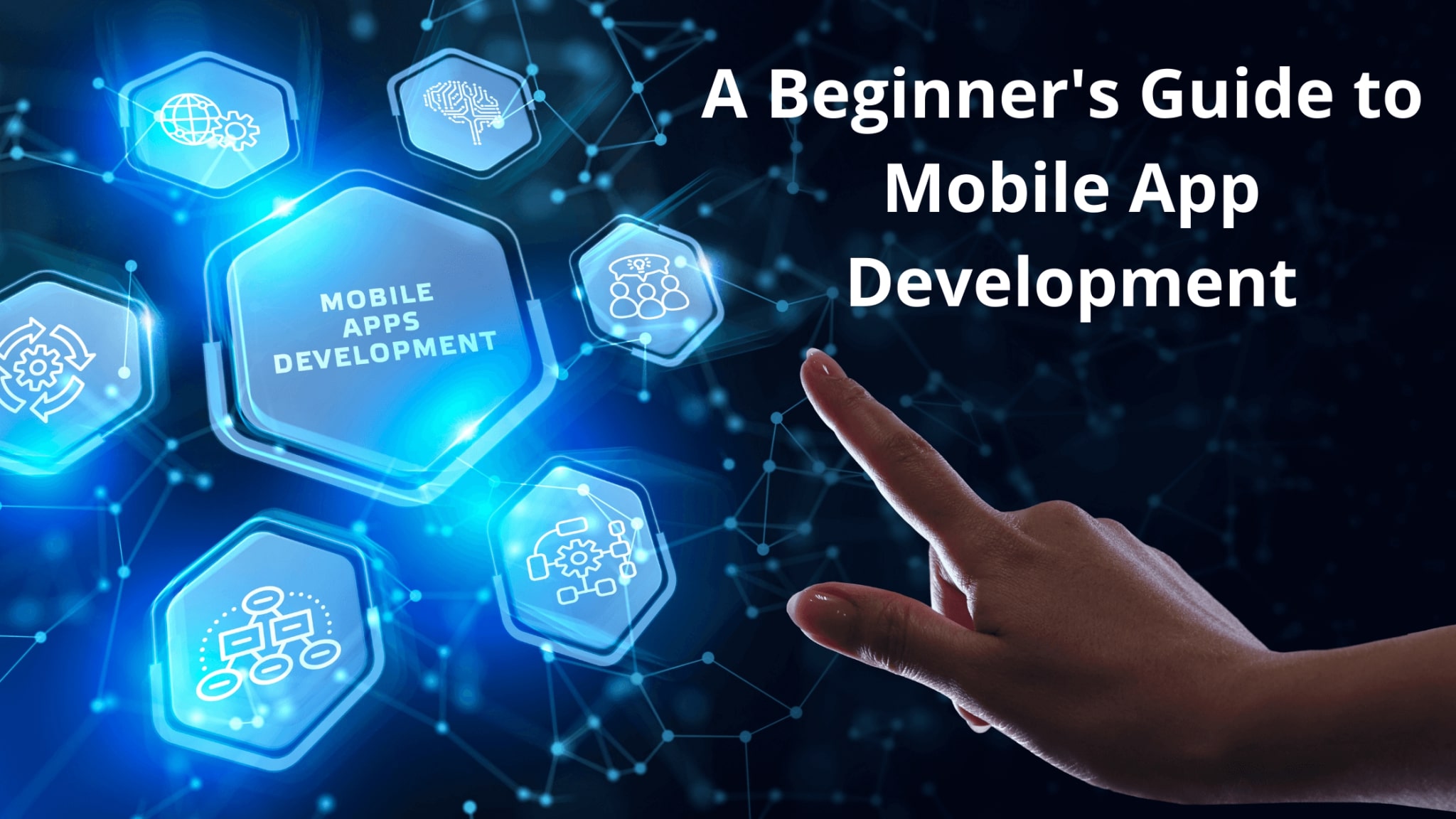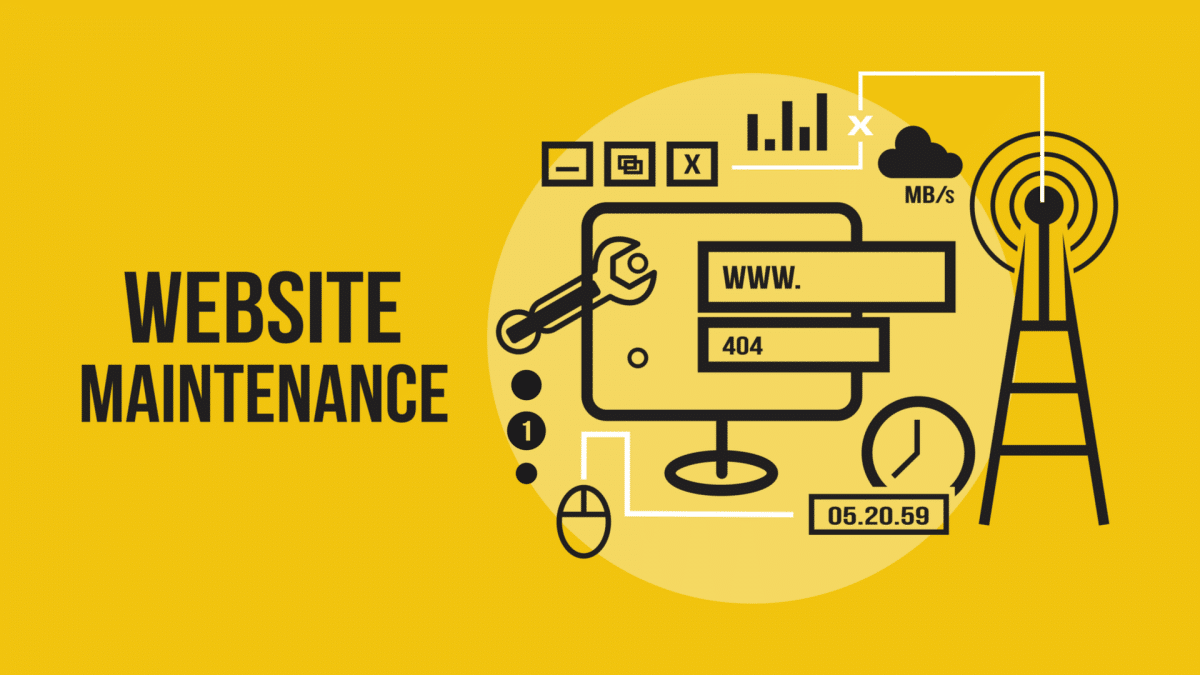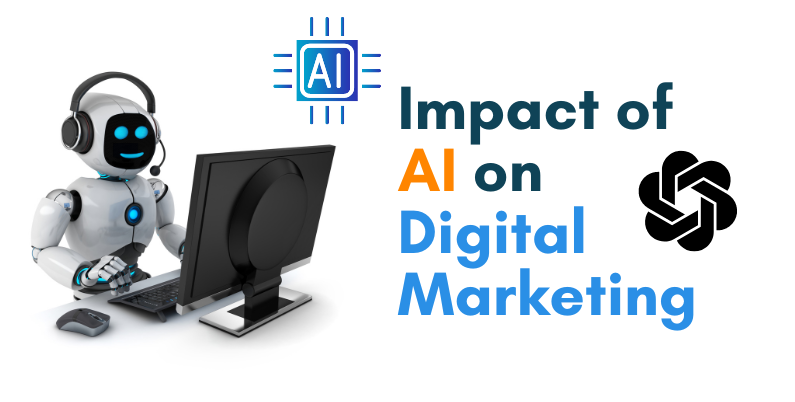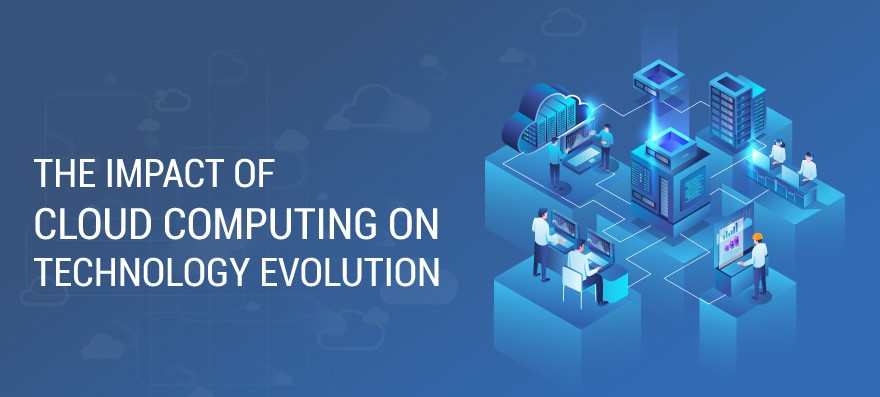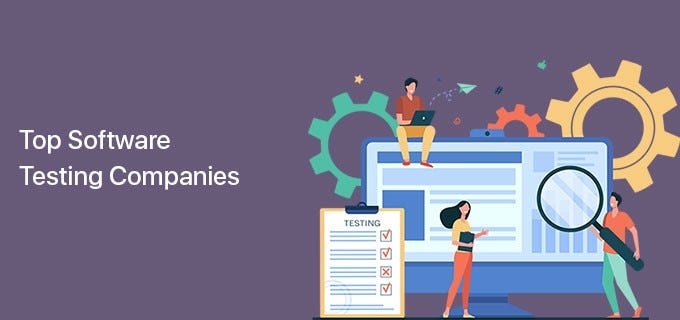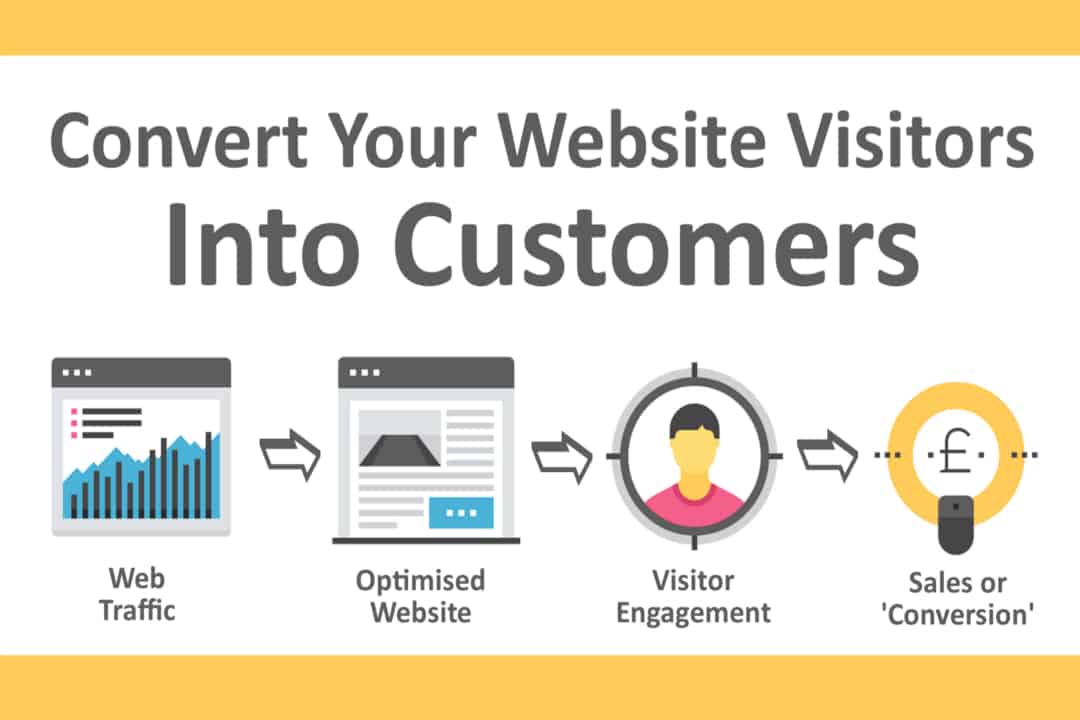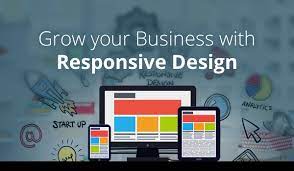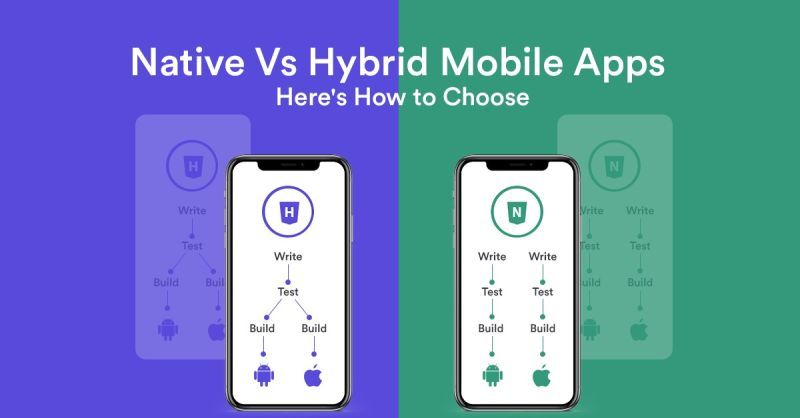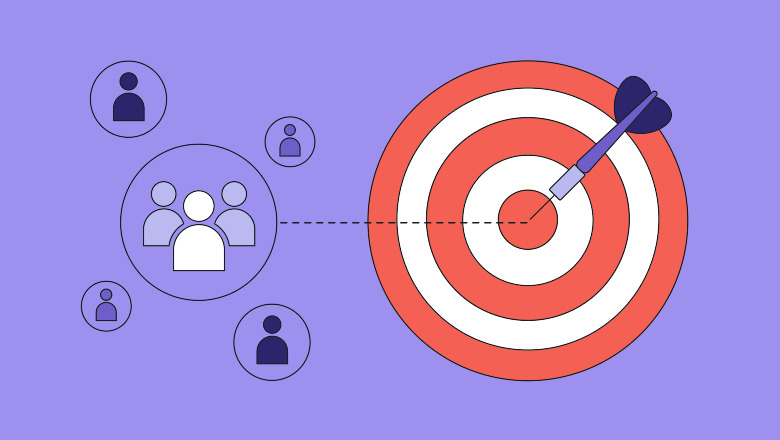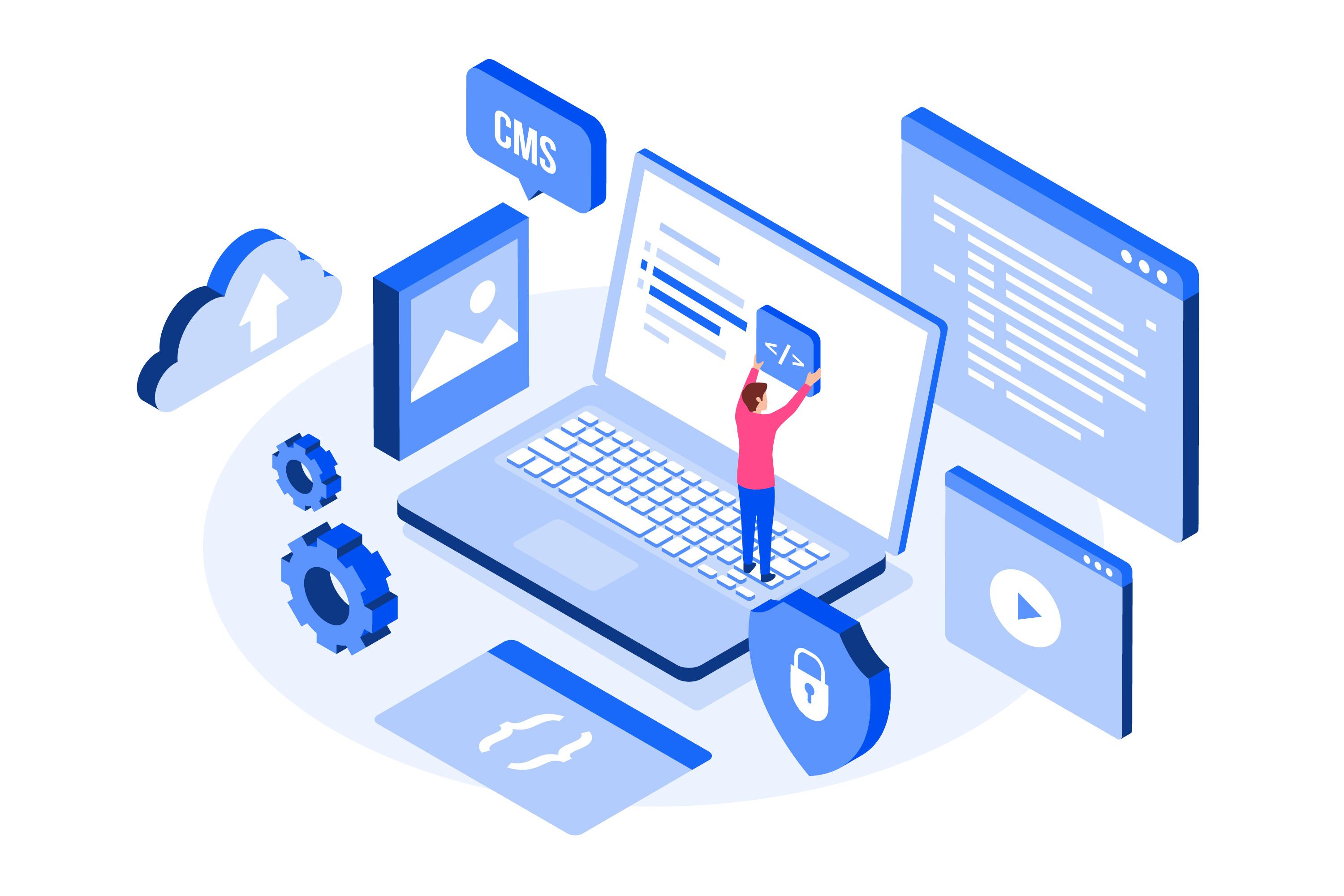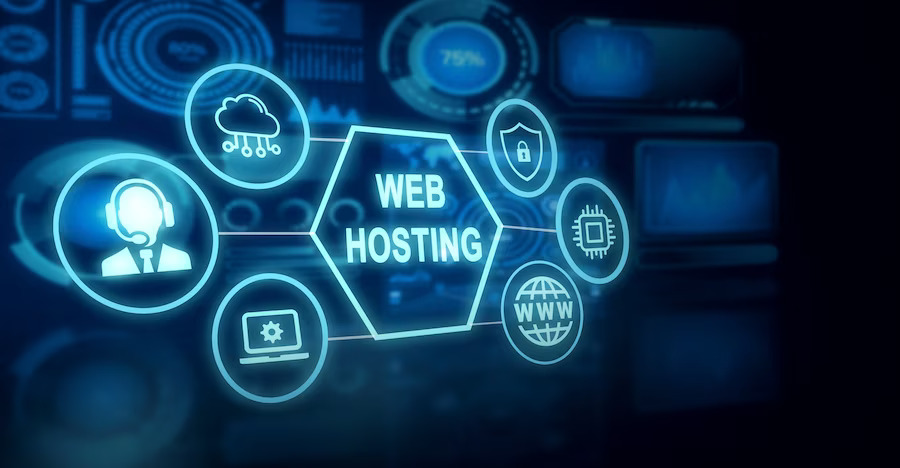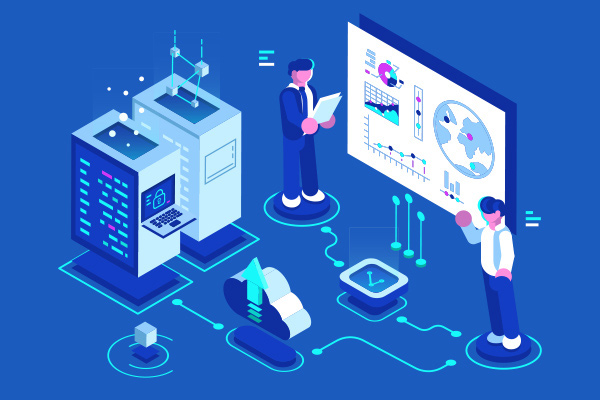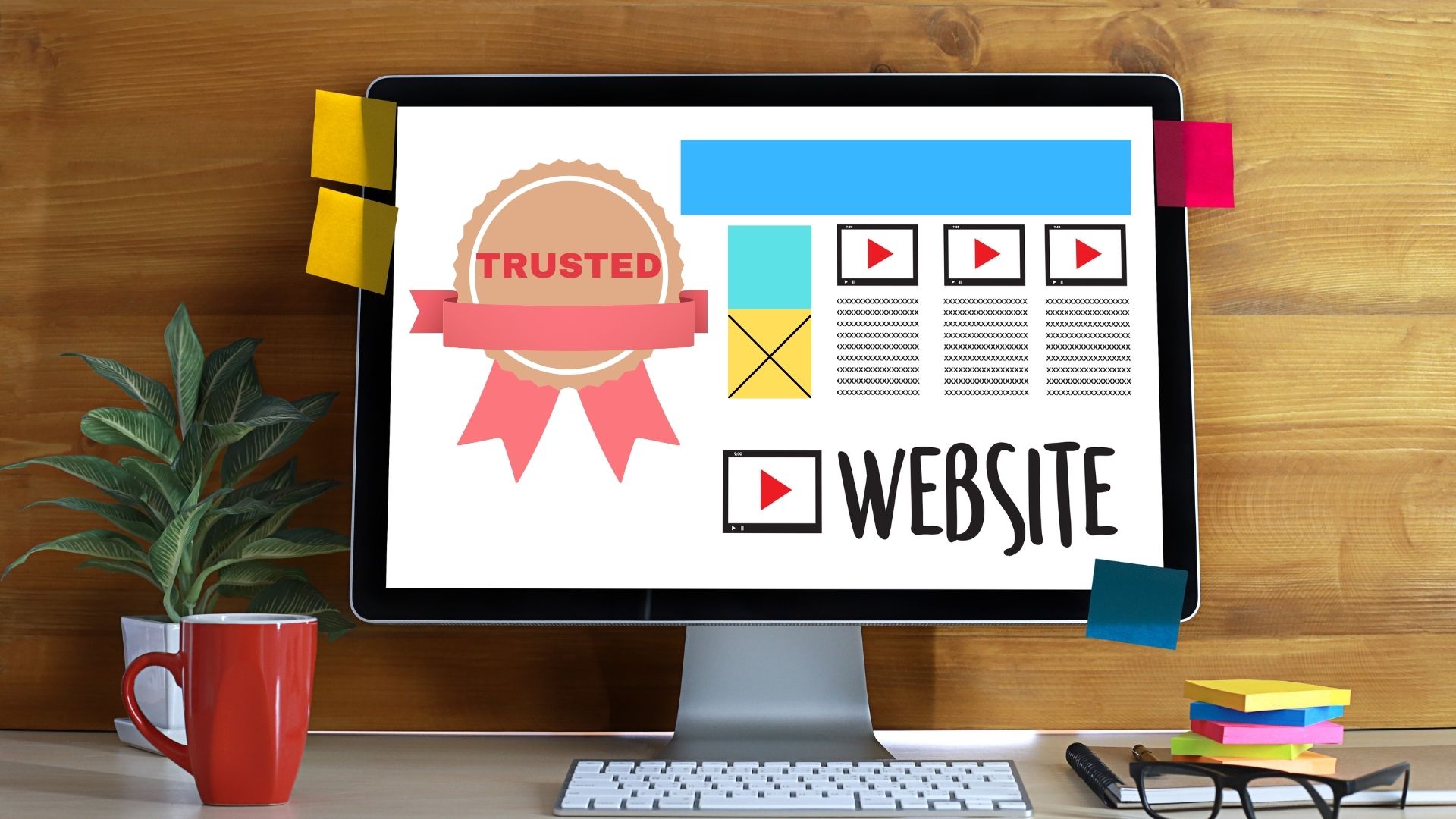Who Needs Event Management Software

Before getting to the software development process, you need to know who you’re building software for. Defining your target audience correctly is crucial to the success of any project, as different clients might need different functionality from the same web application.
Also, knowing your potential clients helps you decide on the functions to include in your event planning system, particularly if you aren’t an expert in this software category. Start by analyzing the people who will use your software for event planning:
- Professional event planners who need to organize different types of events and have to communicate with lots of contacts
- Wedding and party organizers who plan events that require particular attention to schedules and attendee lists
- Nonprofit organizations that need to collaborate with sponsors and volunteers as well as organize fundraising events
- Companies and businesses that wish to hold in-house events or promotional campaigns for their clients
- Event venues that need to advertise their services in order to attract clients
- Educational institutions that hold events for students, alumni, and local communities
The next step is to find out what events your software will help organize.
Types of Events That Event Management Software Helps Organize
Needless to say, every event requires software with a specific set of tools. Planning a prom, for example, is quite different from organizing an international conference, which means event planners need different functionality in an EMS to cope with these two tasks.
It’s the type of event that determines the functions an event planning system must provide. To understand what tools to include in your EMS, consider the major types of events people need to organize:
- Conferences. An EMS for planning conferences must provide multi-user access, since several managers are usually working on organizing the same event. It’s also important to provide a scheduling tool, as conferences must follow a strict schedule. Finally, it’s important to add a check-in tool to avoid time-wasting paperwork at the beginning of a conference. If you wish to make the workflow of event planners as effective as possible, consider automating the check-in process by allowing attendees to check in by themselves.
- Trade shows (exhibitions). These events are aimed first and foremost at people working in a certain industry, though they may be open to the general public. Trade shows require responsive websites so attendees can sign up and pay online. Also, an event management platform for exhibitions must provide a booth location tool.
- Weddings and parties. Software for such events must provide RSVPs (from the French répondez s'il vous plaît, or “answer, please”), food and drink selection tools, seating charts, and more.
- Cultural and charity events. Such events are organized to raise money, so event management software must support ticketing, simple registration, seating charts, and more.
Organizing any of these events may be a real challenge without an EMS.
Benefits of Event Planning Software
An EMS streamlines and facilitates event planning, allowing organizers to avoid unnecessary work. Imagine holding a graduation party without software for event planning: it’s going to be difficult and nerve-racking to organize, as planners will need to bring a lot of information together (guest lists, seating charts, menus).
Event management systems make this task a lot easier. Have a look at our list of the most important benefits of event planning software:
#1 Convenient Data Management
Event planning software for event planning helps organizers access data in no time. Before, event organizers would use long spreadsheets with lots of data, so making a mistake or losing some information was quite likely.
However, event management platforms alleviate these problems, as they hold all event-related information and files in one place. Moreover, event planners can access this data anytime and anywhere.
Event management systems allow planners to import and export data, upload and download files, share documents, and so on.
#2 No Need for Paper
In the past, event planners had to use lots of paper to take notes, draw seating charts, and send RSVPs by mail. This took a lot of time and made the process rather complicated.
Modern software allows event planners not to use any paper at all. All files and tools are cloud-based and secure in special data centers. Event planners can do their jobs from their computers or mobile devices.
#3 Real-Time Tracking and Analytics
Professional event managers need to know how successful every event they organize is. This information helps them analyze revenues and improve the way they work.
Advanced event management platforms provide organizers with plenty of statistics for further analysis. For example, event planners can access registration activity, incoming leads, invoices, payouts, and other valuable information.
Also, the best event management software offers handy budgeting tools that help organizers keep track of their expenses and allocate budgets properly.
#4 Streamlined Communication
Think about organizing an international conference: hundreds of attendees, hotel bookings, schedules, registrations, and more. Without an EMS, organizers would need to deal with lots of documents, send scores of emails, and make tons of phone calls. Communication with attendees and among team members would be quite chaotic.
Event planning software, however, can throw organizers a lifeline, making communication easy and streamlined. For example, adding multi-user access improves collaboration, while checklists and calendars allow event organizers to remember what they have to do and when they have to do it.
Top-of-the-line event management systems have messaging tools for communicating within teams or with attendees.
#5 Task Automation
Organizers communicate with attendees of many events. For example, a company may wish to send promotional emails after a presentation of its new product. The seemingly simple task of sending emails to attendees will require a lot of time-consuming manual work unless some good event planning software is used.
Many event management platforms, in fact, include customer relationship management systems, so they help organizers not only hold events but also reach out to attendees. Sending follow-ups, for instance, takes little time and effort if event planning tools are used.
#6 Built-In Website Builder
Can you imagine an important event without a website? Having a website might seem unnecessary for some minor events such as birthday parties, but it’s a true must-have for large events such as conferences or concerts.
Therefore, it’s great if your event management platform has a built-in website building tool to help organizers promote their events on the internet. Also, make sure to choose a website builder that can create mobile-friendly websites, since many attendees will access the website from mobile devices.



